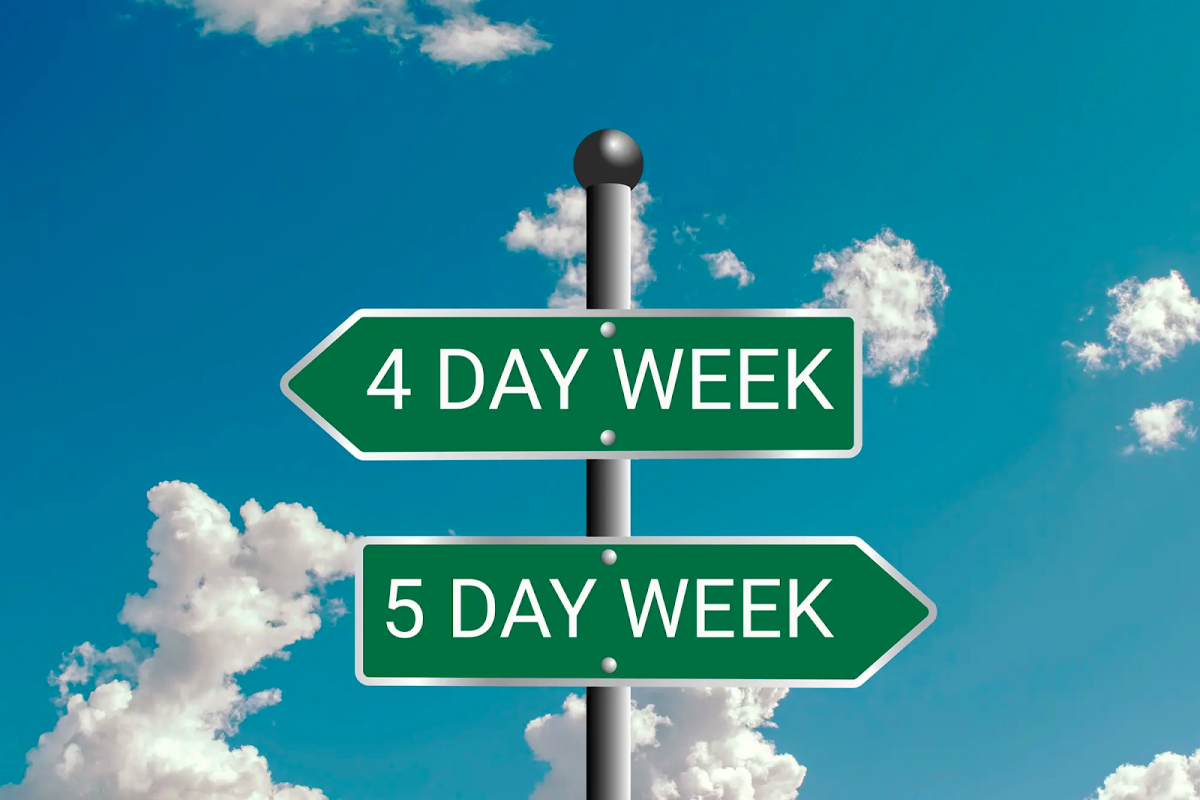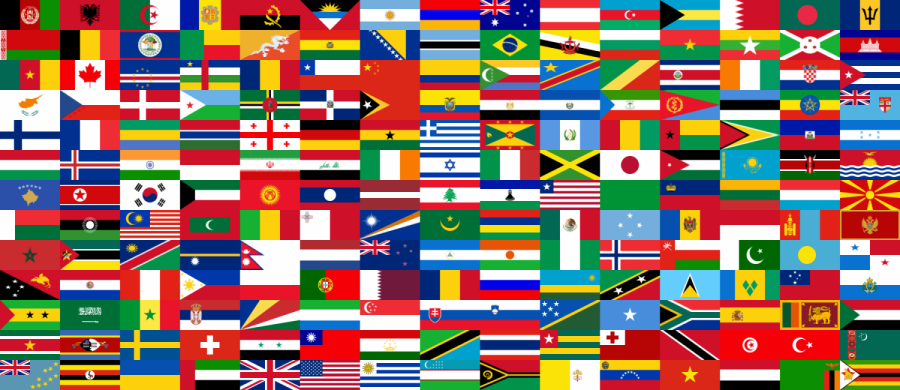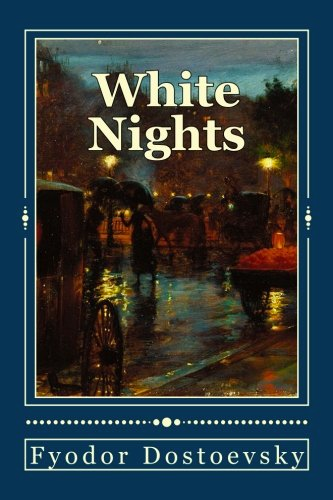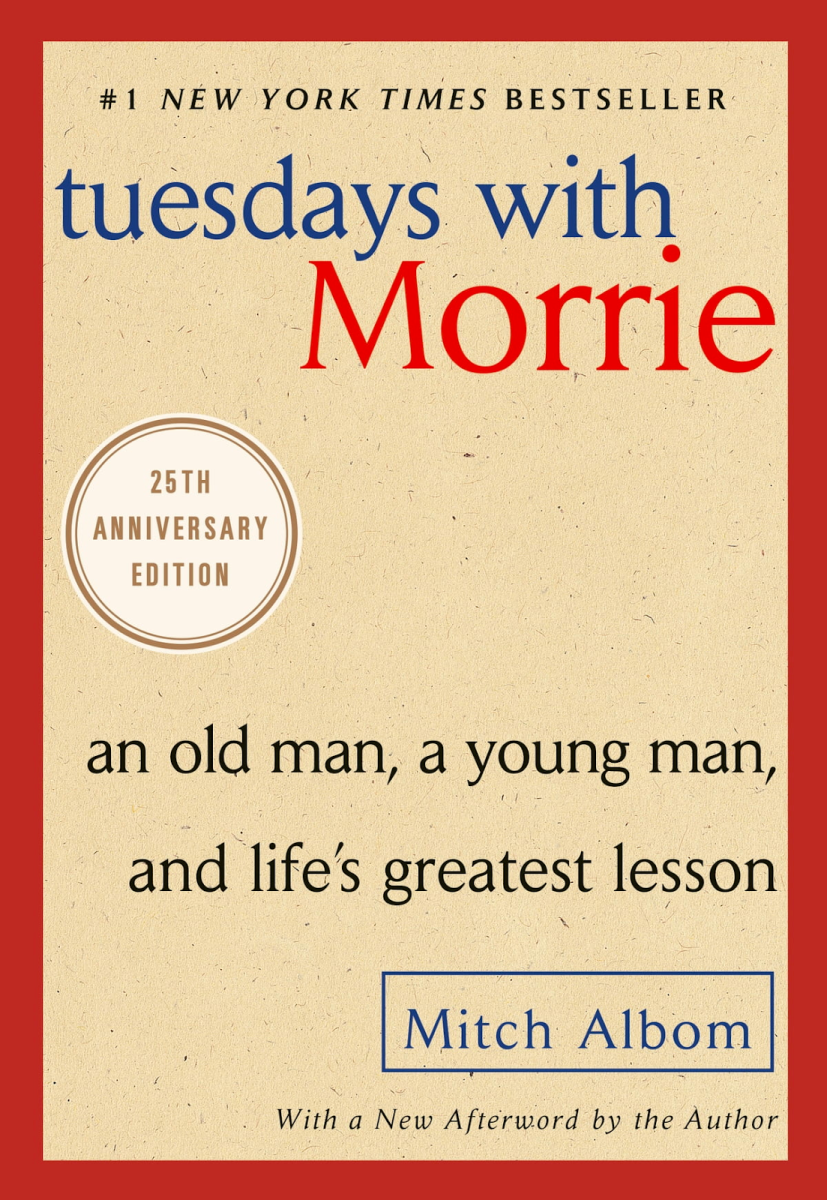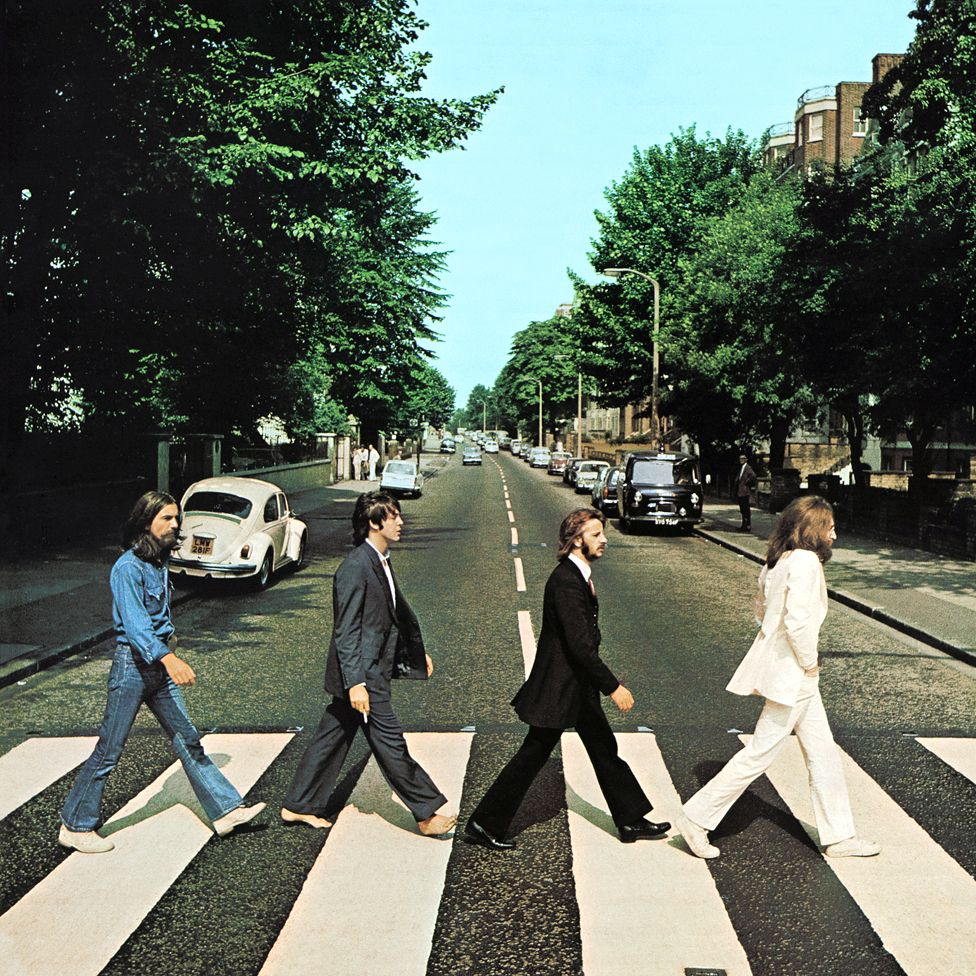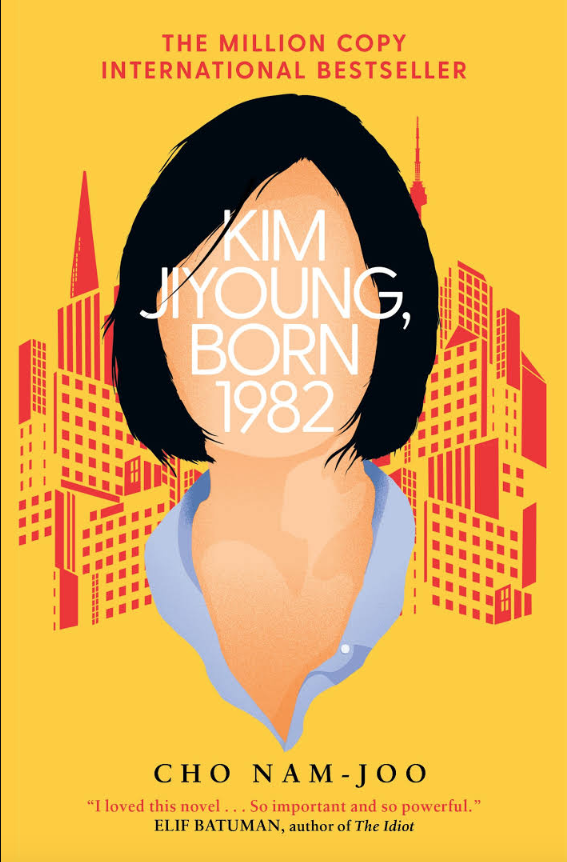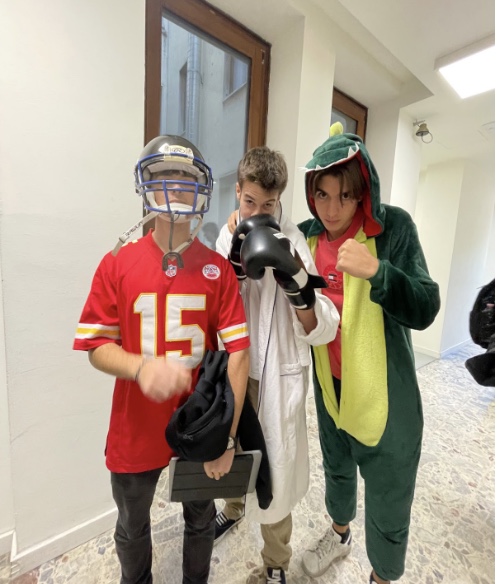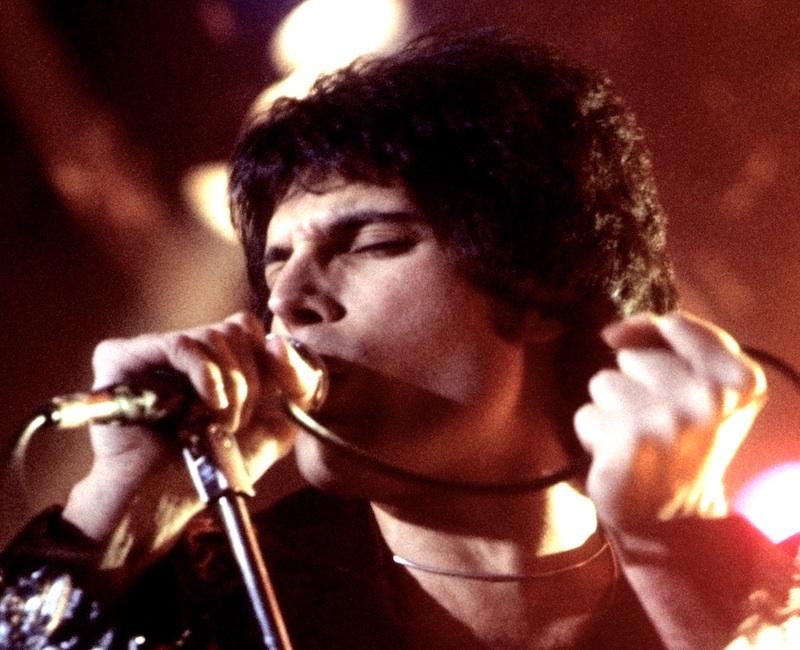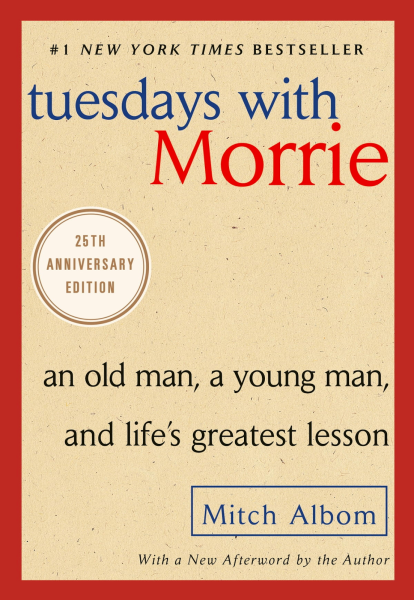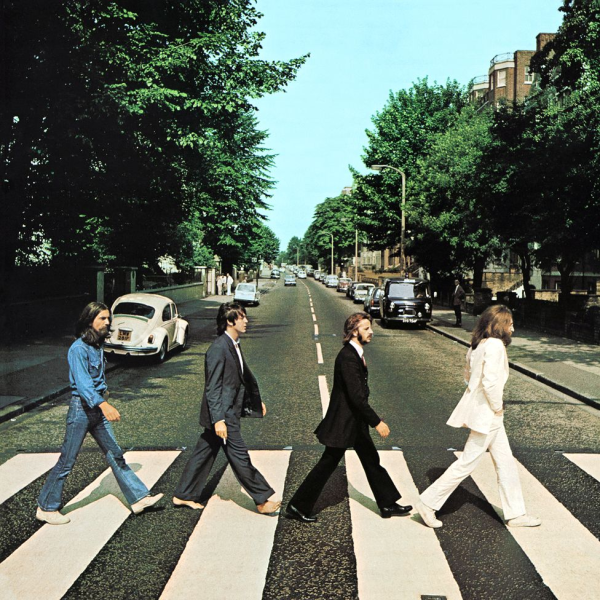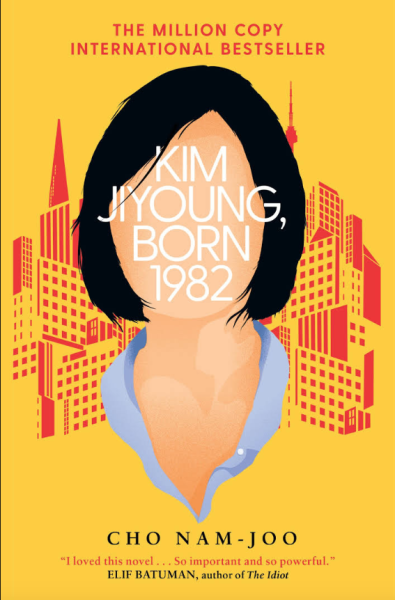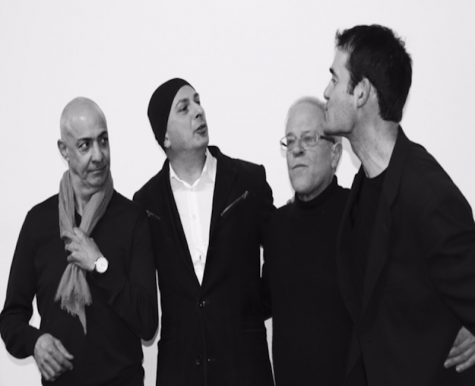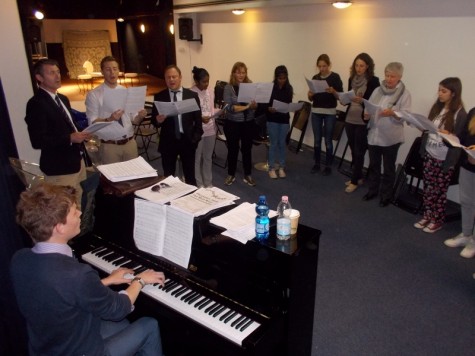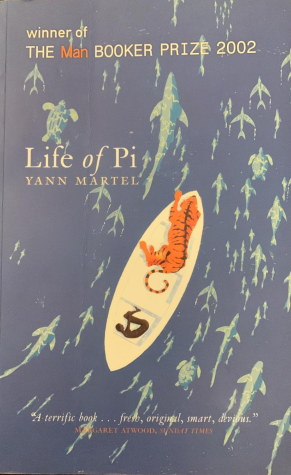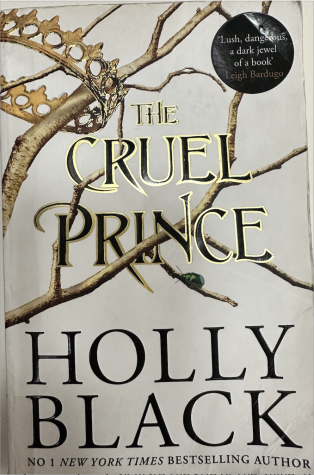25th Anniversary of Freddie Mercury’s death
When people think of a victory anthem, many of them will begin to chant, “We are the Champions” by Queen. Well, maybe they won’t chant it, however it will cross their minds as they begin to contemplate how amazing the band ‘Queen’ actually was. Even to this day, Queen remains one of the most iconic bands on Earth, that has in their years, produced emblematic songs ranging from metal all the way to opera. However, the band wouldn’t have gotten anywhere close to its success if it wasn’t for their hyper-talented front man, Freddie Mercury. By now it’s become a common fact that Freddie Mercury died of AIDS at the young age of fourty-five. But rather than mourning his death this Thursday on the 24th of November, I believe we should celebrate his life by going through its key moments.
Freddie Mercury was born on the 5th of September 1946 on the small island of Zanzibar off the coast of East Africa. He was not born Freddie Mercury but rather Farrokh Bulsara, to parents Jer Bulsara and Bomi Bulsara. He spent a large proportion of his childhood in India, where he would attend the St Peter’s boarding School. However, at the age 17, Freddie and his family fled Zanzibar after a revolution made it unsafe for them to live there.
In Britain, Freddie enrolled as an art student to West Thames College, which was then known as Isleworth Polytechnic. It’s there that he met Queen’s guitarist Brian May, who at the time was in a different band named “Smile” along with Queen’s drummer Roger Taylor and the then front man Tim Staffel. In 1971, Tim Staffle left the band to pursue a more successful career in music. And as he left, Freddie stepped in. Upon entering the band, the name was forever changed and solidified as “Queen”. Throughout its early career, Queen remained mostly unknown. That was until their hit song “Bohemian Rhapsody” took over the shelves in 1975, changing music forever. After that, their success only grew with every album published. They issued classic albums such as “A Day at the Races”, “News of the World”, “Jazz” and many more.
In 1985, Queen attended Live Aid at Wembley Stadium, which saw many famous musicians perform to raise awareness for the Ethiopian famine. Some of the famous faces playing there included Paul McCartney, Elton John, David Bowie and many more. Yet despite this, it is profoundly agreed that Queen turned out the best performance there. Queen would return to Wembley Stadium only a year later in 1986, however this would be one of their very last live performances as shortly after Freddie Mercury began battling against HIV/AIDS. In modern medicine today, we have many ways in which to prevent the spread of HIV/AIDS, however back in the 80s when HIV was a commonly new disease, it was the equivalent of having a ticking time bomb on you.
Freddie told no one but his closest friends about his illness and carried on working on new albums as if everything was the same. The last album Queen published whilst Freddie was alive was “Innuendo”, which holds many songs where you can hear Freddie Mercury’s deteriorating health, most notably the song “The Show must go on”, in which he was almost too weak to finish, if it wasn’t for the help of a bottle of alcohol. Freddie died shortly after the album was released, on the 24th of November 1991, after slipping into a coma in which he did not wake up from.
A quote that sticks to mind when remembering Freddie is from his song ‘The show must go on’, which says “Fairy tales of yesterday will grow but never die”. Similar to a fairy tale, Freddie Mercury’s legacy will keep on growing, touching the hearts of so many people out there and inspiring them to do what they never thought they could do. After all, who would have ever thought a young boy from Zanzibar would one day become one of the most famous singers to ever live?


